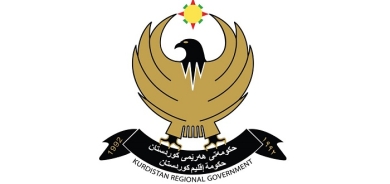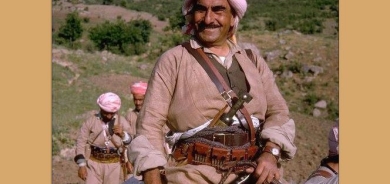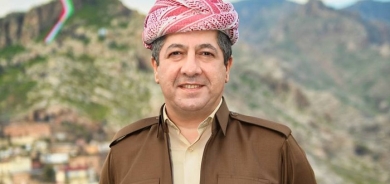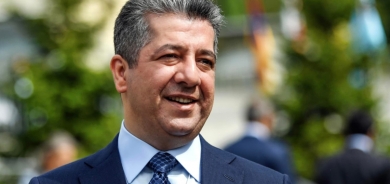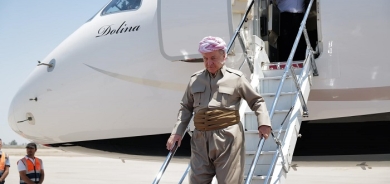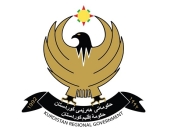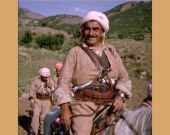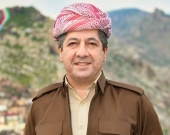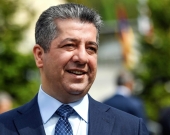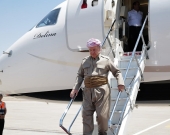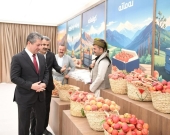Over 1.3 million tourists travel to Kurdistan Region in six months

After a three-year-long conflict with the Islamic State (IS), the security forces of Iraq and Kurdistan Region militarily defeated the terrorist organization with the aid of the US-led anti-IS coalition, bringing relative peace to the country as a whole.
Iraq's summer heat, which can top 50⁰ Celsius in mid-day, especially in the south of the country, encourages people to travel north to cooler areas and family-friendly tourist destinations in the semi-autonomous region.
"In the first six months of this year, 1,310,000 tourists visited the Kurdistan Region, most of whom were from southern or central Iraq," said Jabar during an interview with an official government website.
Many Iraqis visit the Kurdistan Region during the three major holidays of the Kurdish New Year, known as Newroz, and the Islamic feasts of Eid al-Fitr and Eid al-Adha.
"During Eid al-Adha, 349,000 tourists visited the Kurdistan Region in 11 days," continued Jabar, highlighting that the total revenue produced from the visitors for the region was nearly $118,000,000.
One factor that contributed to a tourism boom in the Kurdistan Region was the recent reopening of a road connecting Erbil and Kirkuk, closed since Iraqi forces took control of the disputed territory in response to the region's controversial independence referendum of Sept. 2017.
The region is also a major attraction for those from Iran, especially Iranian Kurds (Rojhilatis).
However, due to Tehran's policies restricting travel, the country's weakening rial currency, and renewed US sanctions that have strained the economy further decimated, Iranians find it increasingly difficult to finance trips abroad.
Jabar stated, "In the starting four months of this year, the number of Iranian tourists was high," but "Iran put a tax on its citizens for traveling," and since then, "the amount of tourists to the Kurdistan Region has declined."
As per the regulation, enacted in May, carriers of Iranian passports seeking to travel to Iraq must pay to get a visa. The amount has varied with time but is substantial enough to deter some against crossing their Western border, especially Kurds.
Editing by John J. Catherine

